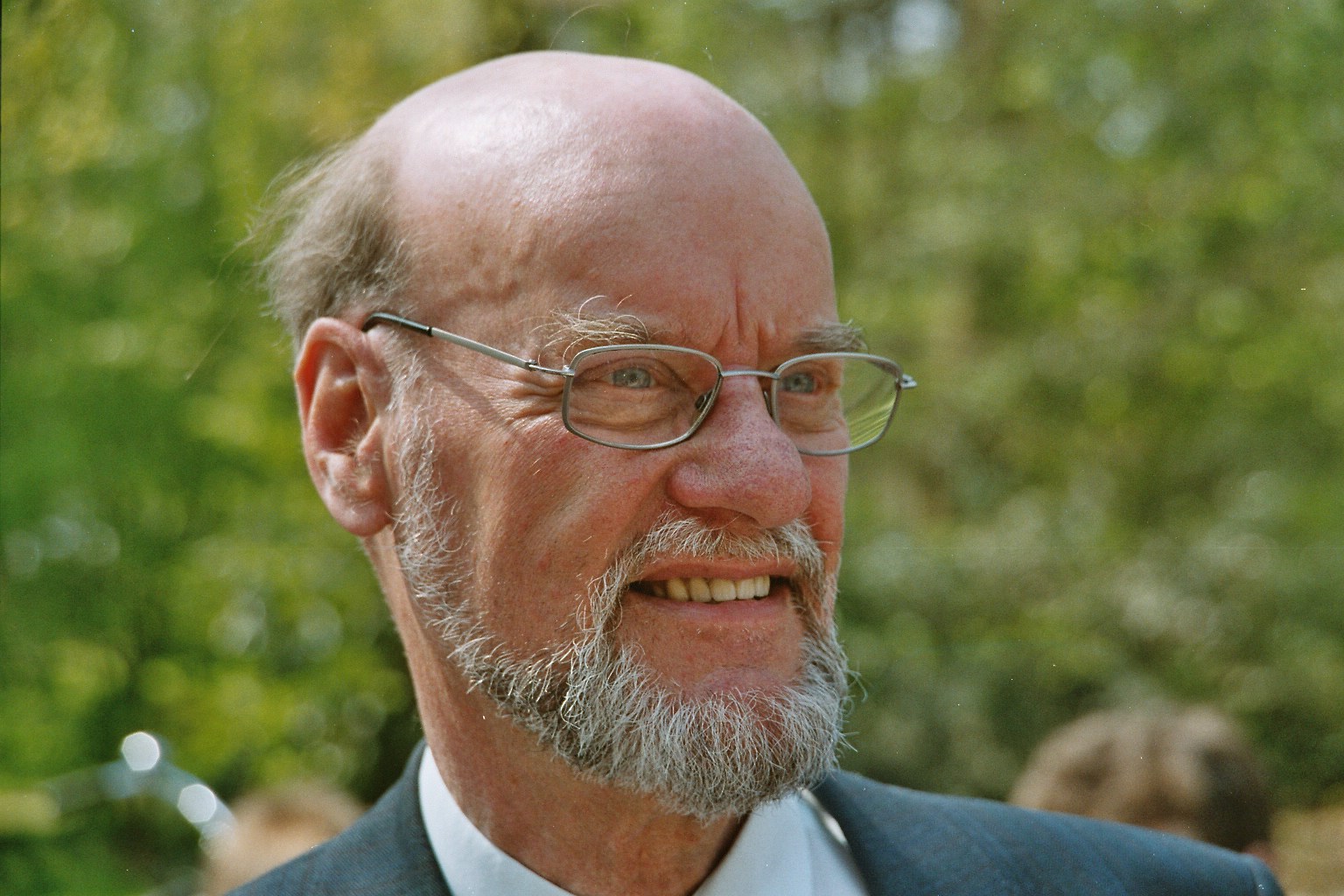J.M.J. van Leeuwen, 1932-2024

On December 3, Hans van Leeuwen, emeritus professor at Leiden University, passed away at the age of 92. A leading scientist in statistical mechanics, he made fundamental contributions to the field over more than six decades. Hans earned his doctorate in Amsterdam in 1962 with the dissertation "Diagram Techniques in Statistical Mechanics." The hypernetted chain approximation he developed in the thesis remains a foundational approach for ionic systems. After several years in Nijmegen and the United States, where he collaborated with Eddie Cohen to predict the phase diagram of 3He-4He mixtures, he became a professor in Delft in 1969. In 1986, he joined the Instituut-Lorentz for Theoretical Physics in Leiden.
The renormalization theory of critical phenomena, originally formulated in momentum space, was translated by Van Leeuwen into real space. This innovative approach provided a practical method for calculating critical exponents, significantly expanding the applicability of renormalization theory. His publication with Theodorus Niemeijer became a cornerstone of the field, inspiring generations of physicists to further explore the complexities of phase transitions. Moreover, their insightful formulation resolved persistent doubts about the mathematical foundations of the method, thereby strengthening its theoretical underpinning.
Hans van Leeuwen's research was remarkably versatile, addressing fundamental problems in physics with elegance and precision. From the statistical mechanics of fluids and the "long time tails" of molecular correlations in liquids to polymer dynamics and the analysis of quantum spin models on lattices, his work consistently combined physical intuition with mathematical rigor. Even after his retirement, Hans remained scientifically active, publishing papers that resolved long-standing controversies: Is skating still possible when it's very cold? and Do dominoes fall faster when placed closer together?
Hans was averse to pomp and power games, steadfastly adhering to his principles and views, including his criticism that money and grant applications play too dominant a role in the current scientific system. He was highly approachable for young researchers: during the development of renormalization theory, an entire generation of younger statistical physicists was influenced and inspired by their interactions with him at critical points in their careers. In Hans, we lose not only a colleague but also a guiding figure, mentor, and friend.
Carlo Beenakker & Wim van Saarloos